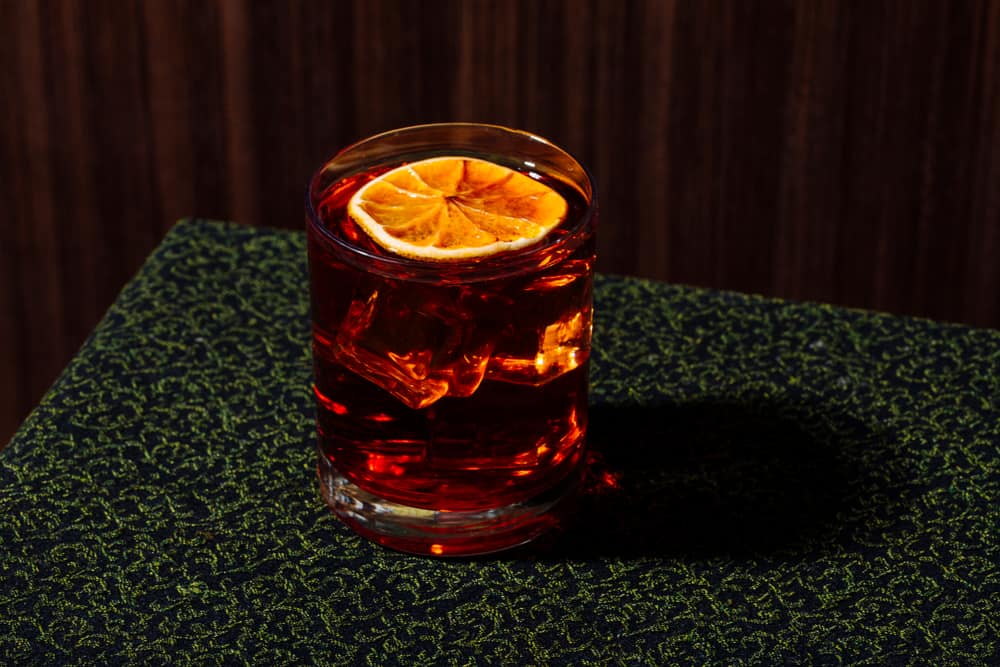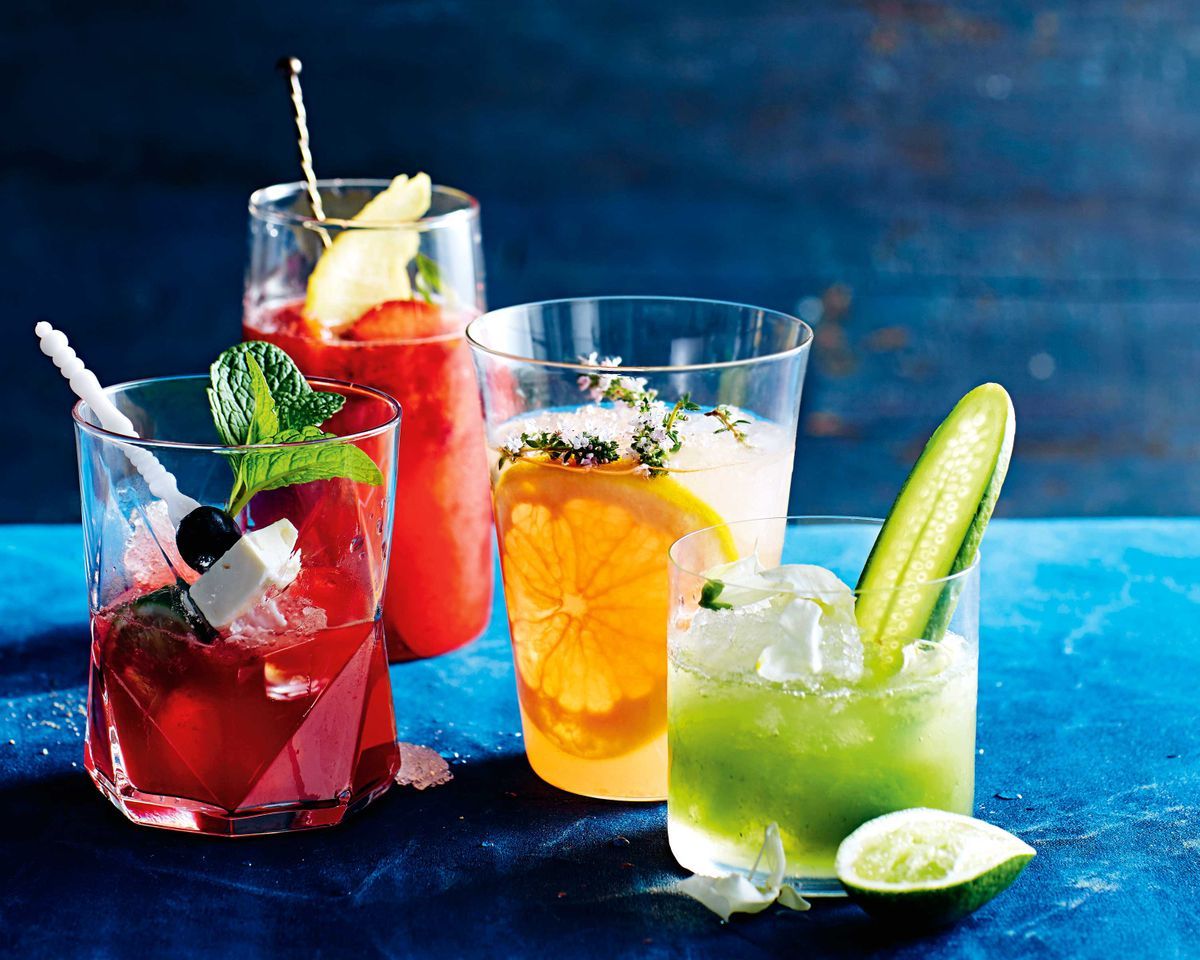Understanding the Meaning of "Dry" in a Drink
Have you ever come across the term "dry" while ordering or discussing drinks, and wondered what it actually means? The word "dry" is commonly used in the context of beverages, especially wines and cocktails, to describe a particular taste characteristic. In this article, we will explore the definition of "dry" in a drink, its significance in the culinary world, and how it differs from other taste attributes. Let's dive in!
I. Defining "Dry" in a Drink
To understand what "dry" means in a drink, we need to look at it from a sensory perspective. In the realm of beverages, dryness refers to the absence of sweetness. When a drink is described as "dry," it indicates that the sugar content is minimal or non-existent. This perception of dryness primarily results from the taste buds detecting lower levels of residual sugar.
II. Dryness in Wines
The term "dry" is extensively associated with wines. In winemaking, dryness is a crucial factor that determines the wine's style and taste. A dry wine typically contains very little sugar after fermentation, leaving it with a more crisp and refreshing taste.

Wines
On the contrary, sweet wines have higher sugar content, making them noticeably sweeter on the palate.
III. Understanding Dryness Levels
While the concept of "dry" seems straightforward, it's essential to comprehend that dryness levels can vary. Wines, for instance, can be classified into different levels of dryness, including "bone dry," "dry," "off-dry," and "semi-dry." Each level indicates the residual sugar content present in the wine.
IV. The Role of Residual Sugar
To achieve a "dry" taste, winemakers allow yeast to consume most of the grape sugars during the fermentation process. The remaining sugar, known as "residual sugar," affects the wine's sweetness.
By controlling the fermentation, winemakers can produce wines with varying levels of dryness to cater to diverse consumer preferences.
V. Dryness in Cocktails
Apart from wines, the concept of dryness is also pertinent to the world of cocktails. Mixologists use the term to describe the balance of flavors in a drink, especially in classic cocktails like Martinis and Manhattans.

Cocktails
A "dry" cocktail contains less sweetening agents, such as syrups or liqueurs, resulting in a more spirit-forward and less sweet taste.
VI. Dry vs. Sweet: Understanding the Dichotomy
The dichotomy between dry and sweet is essential in distinguishing the taste profiles of various beverages. While some drinkers prefer the crispness and subtlety of dry drinks, others lean towards the richness and sweetness of their counterparts.
Understanding this contrast helps consumers make informed choices when selecting a drink that aligns with their taste preferences.
VII. Health Implications of Dry Drinks
Aside from taste preferences, the choice between dry and sweet drinks can also have health implications. Dry drinks, such as dry wines and certain low-sugar cocktails, often have fewer calories, making them a preferred option for those mindful of their sugar and calorie intake.
VIII. Pairing Dry Drinks with Food
Dry drinks have a unique advantage when it comes to food pairing. Their lower sugar content allows them to complement a wider range of dishes, enhancing the overall dining experience.

Dry white wine pair with seafood
For example, a dry white wine can pair excellently with seafood, as its crispness balances the flavors without overwhelming the palate.
IX. Conclusion
In conclusion, the term "dry" holds significant importance in the world of beverages, especially wines and cocktails. It refers to the absence of sweetness, achieved by minimizing the sugar content in the drink.
Whether it's a bone-dry wine or a dry Martini, understanding the concept of dryness helps consumers navigate the vast array of choices available and make informed decisions based on their preferences. So, the next time you encounter the term "dry" on a drink menu, you'll have a clear understanding of its meaning and its impact on your taste experience.